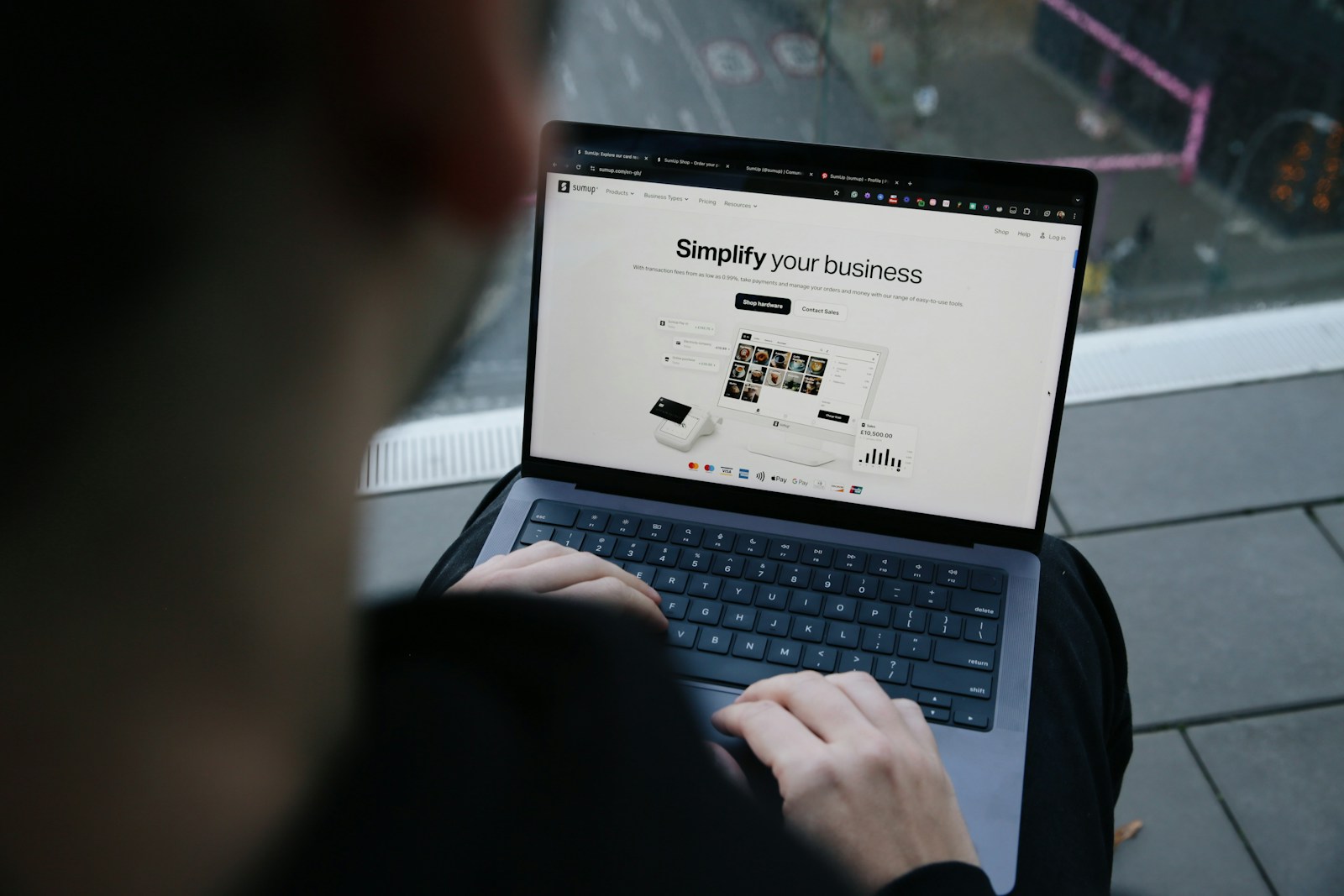The way we communicate, work, and manage our daily tasks has transformed dramatically. From personal devices to enterprise software, smarter digital tools are redefining connectivity and enabling seamless interactions in every aspect of life. These innovations aren’t just about convenience; they’re about creating a more integrated, efficient, and responsive world.
The Rise of Smart Devices
The backbone of a connected world lies in smart devices. Smartphones, tablets, and wearables have become extensions of ourselves, allowing instant access to information, social networks, and digital services. Beyond personal use, smart home systems and IoT (Internet of Things) devices now allow us to control lighting, security, and appliances with precision and ease. This interconnected ecosystem not only enhances comfort but also improves energy efficiency and safety, demonstrating the tangible benefits of smarter digital tools.
Enhanced Communication Platforms
Connectivity thrives on communication, and modern digital tools have revolutionised how we stay in touch. Messaging apps, video conferencing platforms, and collaborative software allow people to work and socialise without geographic limitations. Businesses, in particular, leverage these tools to manage teams across multiple locations, streamline workflows, and foster real-time collaboration. The ability to communicate seamlessly has also opened doors for remote work, making it a viable option for a growing portion of the workforce.
Data-Driven Decision Making
Digital tools don’t just connect people; they connect information. Advanced analytics platforms and cloud-based software enable organisations to collect, process, and analyse vast amounts of data. This empowers businesses to make informed decisions quickly, optimise operations, and anticipate market trends. Even on a personal level, apps that track finances, health, and productivity allow individuals to make smarter choices, reflecting a growing emphasis on data-driven lifestyles. Tools like backlinks indexer illustrate how digital solutions can automate complex tasks, improving efficiency while freeing up time for more strategic activities.
Automation and AI Integration
Smarter digital tools are increasingly powered by automation and artificial intelligence (AI). From chatbots handling customer service inquiries to AI-driven recommendation engines in shopping apps, automation reduces repetitive work and enhances user experiences. In professional environments, AI tools can assist in scheduling, data entry, and predictive analytics, allowing teams to focus on higher-value projects. This integration of AI doesn’t just save time—it enables a more responsive and personalised approach across industries.
Mobile and Remote Accessibility
The modern connected world demands flexibility, and mobile tools make it possible to stay productive from anywhere. Cloud-based applications, remote monitoring software, and mobile task management apps allow individuals and teams to manage workflows on the go. Whether it’s checking project updates, approving documents, or coordinating logistics, mobile accessibility ensures that work continues without interruption. This adaptability has become essential in a world where rapid changes require quick responses and constant connectivity.
Security and Privacy Considerations
With increased connectivity comes increased responsibility. Smarter digital tools also incorporate advanced security measures to protect sensitive data. From encryption and multi-factor authentication to AI-driven threat detection, these solutions ensure that connectivity doesn’t compromise safety. Users can enjoy the benefits of a connected lifestyle while maintaining control over personal and organisational information, reflecting a growing emphasis on trust in the digital age.
Looking Ahead
The trajectory of digital tools suggests an even more connected future, where devices, data, and people operate in harmony. Innovations in AI, IoT, and cloud technology will continue to enhance productivity, communication, and daily living. As the world becomes increasingly digital, embracing smarter tools isn’t just about keeping up; it’s about shaping a connected, efficient, and secure future.

